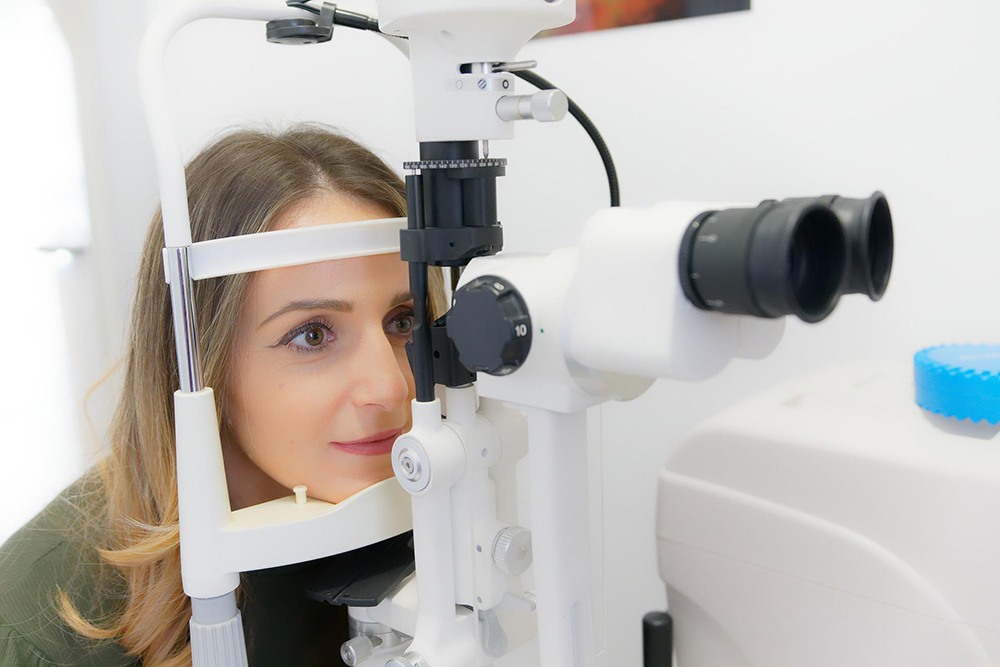Cataract is one of the leading causes of blindness in the United States. If not treated, cataracts can lead to blindness. In addition, the longer cataracts are left untreated, the more difficult it can be to successfully remove the cataract and restore vision. The Month of June is Cataract Awareness Month and Advanced Eyecare Optometry reminds the public that early detection and treatment of cataracts is critical to preserving sight.
What is a Cataract?
A cataract occurs when your natural lens breaks down protein and becomes cloudy, making vision less blurry, hazy or less colorful.
What are the Symptoms for Cataracts?
You may notice one of more of the following symtoms with a cataract:
- Blurry or cloudy vision
- Seeing double or a ghosted image out of the eye or eyes
- Light sensitivity (especially with oncoming headlights at night)
- Trouble seeing well at night, or needing more light when you read
- Seeing bright colors as faded or yellow instead
What are the Causes of Cataracts?
Aging is the most common cause of cataracts due to normal eye changes that begin to happen after age 40, when normal proteins in the lens start to break down. This causes the lens to get cloudy. People over age 60 usually start to have some clouding of their lenses. however, vision problems may not happen until years later.
Other reasons you may get cataracts include:
- having parents, siblings, or other family members who have or have had cataracts
- having particular medical issues, such as diabetes
- smoking tobacco
- eye injuries, eye surgeries, or radiation treatments on your upper body
- having spent a lot of time in the sun, especially without sunglasses that protect your eyes from damaging ultraviolet (UV) rays
- using certain medications such as corticosteroids, which may cause early formation of cataracts.
How are Cataract Detected?
Your optometrist or ophthalmologist will examine and test your eyes to make a cataract diagnosis. This comprehensive eye exam will include dilation. This means eye drops will widen your pupils.
June is Cataract Awareness Month! Be sure to have your eyes checked annually or as recommended by your eye doctor to avoid issues with cataracts.
For more helpful eye care and vision care tips, please visit our main blog page.
Source: American Academy of Ophthalmologie
Image by Paul Diaconu from Pixabay

